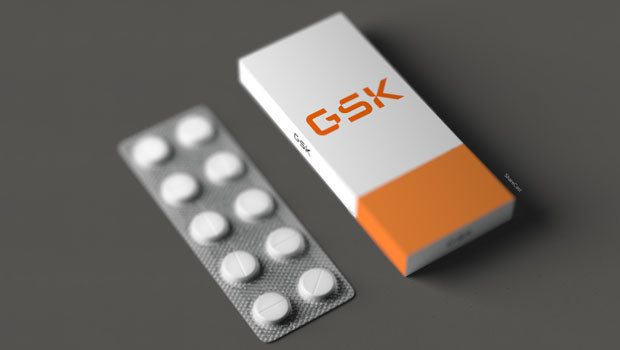GSK settles California Zantac lawsuit

GSK has agreed to settle another lawsuit concerning its discontinued heartburn treatment Zantac, the drugs giant confirmed on Wednesday.
CAC 40
7,263.43
09:15 23/12/24
DJ EURO STOXX 50
4,862.28
00:00 21/12/24
FTSE 100
8,076.35
09:15 23/12/24
FTSE 350
4,457.34
09:15 23/12/24
FTSE All-Share
4,415.19
09:15 23/12/24
GSK
1,322.50p
09:15 23/12/24
Pfizer Inc.
$26.36
11:10 20/12/24
Pharmaceuticals & Biotechnology
19,891.65
09:14 23/12/24
Sanofi
€91.39
09:15 23/12/24
In a brief statement, the blue chip said it reached a confidential agreement in the Cantlay/Harper case in California, which had been due to start trial on 13 November.
It has also settled the three remaining breast cancer bellwether cases in the US state, meaning GSK will now be dismissed from the cases.
The firm noted: "The settlements reflect the company’s desire to avoid the distraction related to protracted litigation.
"GSK does not admit any liability in the settlements and will continue to vigorously defend itself based on the facts and the science in all other Zantac cases."
As at 1130 BST, shares in GSK were largely flat at 1,527p.
Sean Conroy, analyst at Shore Capital, said: "GSK has reiterated it will continue to defend itself vigorously against all other Zantac cases, but this decision further supports the view that the company is willing to make settlements on a case-by-case basis to ty and clear the current overhang.
"We continue to believe the current share price reflects potential liabilities of up to around $30bn are being priced into the share.
"Volatility in the share is likely to persist until this issue is fully resolved, but we continue to feel that a worst-case scenario has been priced in and the improving growth outlook at GSK is being overlooked."
Zantac litigation has weighed heavily on GSK in recent years, and the firm continues to face numerous lawsuits in the US.
First approved in 1983, the blockbuster drug was one of the first to have annual sales of more than $1bn.
However, concerns started to mount that ranitidine, its active ingredient, could cause cancer, and in 2020 the US Food and Drug Administration halted the sale of both branded and generic versions.
Thousands of lawsuits have since been launched against GSK and other companies that have owned the drug over the years, including Pfizer and Sanofi.